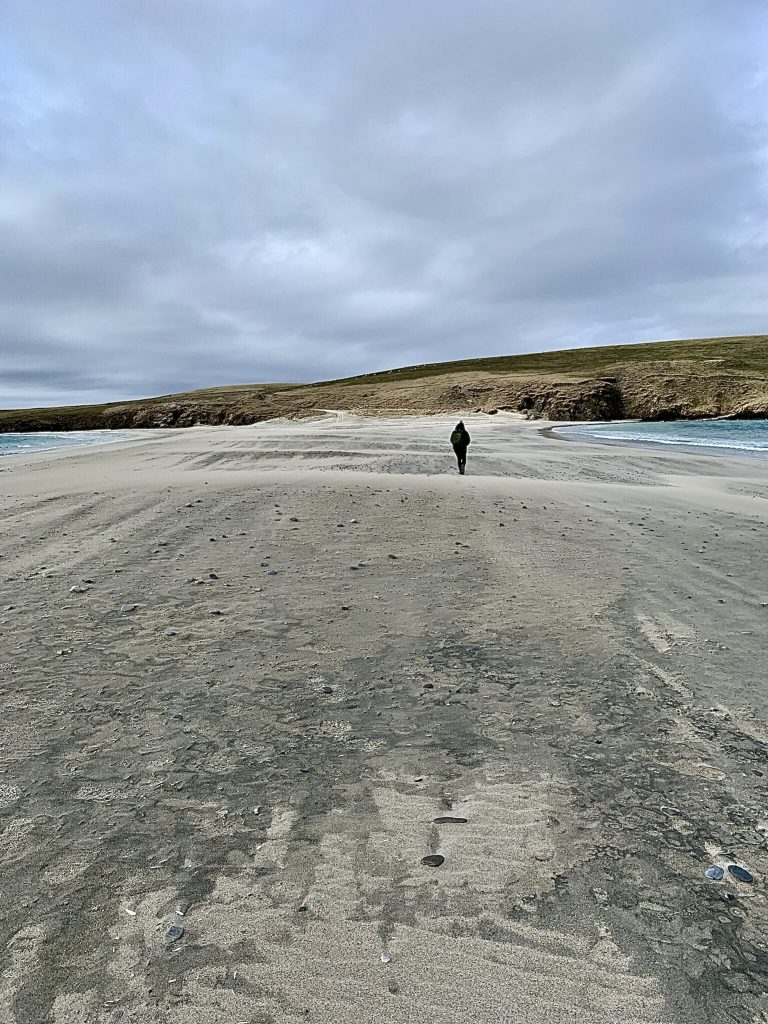
Last week, I spoke on the phone to Alison Shindler about the Facing the Future Support Groups for those who have been bereaved by suicide. These online peer-support groups are run by the Samaritans, and Alison is a Facing the Future Facilitator and the Samaritans London Region Partnership Officer. We talked about the free support service that is available through Facing the Future for anyone who has been affected by suicide loss.
Alison began by explaining the origins of Facing the Future. The scheme started in 2011 and was prompted by the recognition that there was little specialist support available for those who had been bereaved by suicide. To address this gap, the central London branch of the Samaritans joined up with the Kensington and Chelsea branch of Cruse Bereavement Care to combine their expertise in suicide and bereavement counselling respectively. Face-to-face groups were set up, originally in London, and provision was then expanded to selected areas in the UK. Participants found the groups made a real difference to them in navigating their loss and helping them to feel less isolated.
Alison outlined that the support groups were moved online during the Covid-19 pandemic. Although this was originally in response to lockdown, it became evident that there was a value in continuing to meet online after the restrictions were lifted. It meant that those attending did not have to travel to the group (with the related costs in terms of time and expense) and it also helped participants to be in their own familiar space after the meeting had ended. The move online also meant that the support groups were available to anyone with access to the internet. In my book Relating Suicide, I reflected that suicide support is often focused in cities in the UK, and that an ongoing challenge is to build and sustain networks of care in rural, coastal, and island locations. The online network of support offered through the Facing the Future scheme is a good example of bereavement care rippling out from London to other areas of the UK, and then reaching beyond this to include more remote and isolated locations.
The support groups meet every week over a 6-week period. Groups are closed, to offer a safe space for participants in which trust can develop between the members. Each group has a facilitator but there is no agenda to the conversations, which are directed by the participants themselves. Facilitators are there to ensure that everyone has a chance to speak and to support anyone who becomes upset or distressed. In this way, the emphasis of the groups is firmly on peer support. I wrote in my book of the importance of lived experience to the understanding of suicide. Facing the Future offers a positive model of foregrounding the value of lived experience, in its central commitment to enabling those who have lost a loved one to suicide to offer support to one another.
I was interested to hear from Alison that no one bereaved by the same loss participates in the same group, so that group members can speak freely and feel they have their own space. Unlike some other suicide bereavement support organisations, Facing the Future does not organise groups according to the relationship of the bereaved with the person lost; support groups are not made up solely of parents or of siblings, for example. Equally, participants in groups might have been bereaved a few months earlier or decades before. Alison explained that this broke down the assumption that a similar type of bereavement or time period since the death might give a greater connection with someone, when connection with others’ experiences can come from many different aspects of the experience. Equally, the mixed constitution of the groups enables participants to hear experiences that are different from their own, which might increase their understanding of how suicide loss is affecting those around them. For example, a parent could learn from a sibling in the group how the suicide of their son or daughter might affect surviving brothers and sisters. Having lost my sister to suicide, I would certainly have found it helpful to hear not only from other siblings but also from parents and friends about how they experienced their loss.
Alison and I ended the conversation by reflecting that most people are related to suicide in some way, if not directly through the loss of a family member, then perhaps indirectly through the experiences of a friend or a colleague. I mentioned that whoever I have talked to about my own experience has had their own relation to suicide to tell. Yet it is still a topic that is hard to speak about. The supported safe spaces that schemes such as Facing the Future offer are vital in this context, enabling members of the group to share their experiences of loss and to learn from the perspectives of others.
You can learn more about Facing the Future, including how to register interest in joining a group, here.
Many thanks to Alison for speaking with me about Facing the Future and for sharing the important work that the Samaritans are doing to support those bereaved by suicide.
